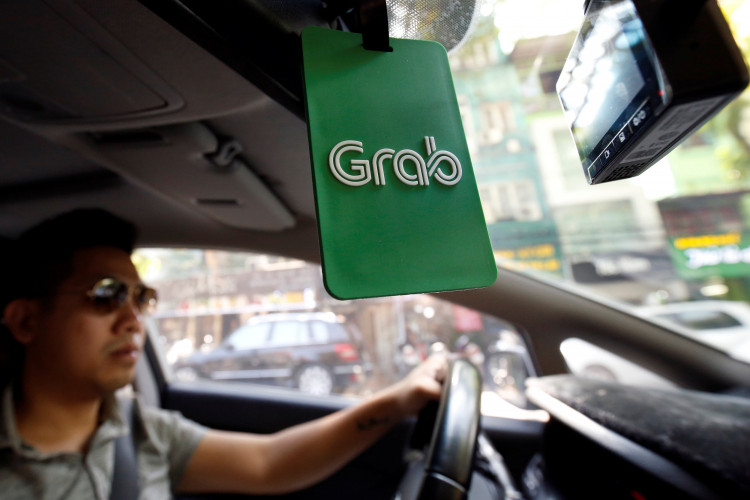China is planning to regulate the ride-hailing business through implementing rates for services such as Grab and Go-jek. The announcement creates potential obstacles for the companies' expansion.
The regulations will meet the demands of the drivers' demands for proper regulation and higher rates but it, however, creates concern that the rising operations cost to the companies might peril their development as they strive to gain an edge to the ride-hailing market in Southeast Asia's biggest economy.
Grab and Go-jek is Singapore-based companies that are competing in a price war in Indonesia. The struggle is part of a much wider fight to bring banking, e-commerce, ride-hailing, food delivery, and other technology-based businesses in every corner of Southeast Asia.
Since 2018, drivers forking for Grab and Go-jek protested to demand higher fares and better conditions. The country's Ministry of Transportation is bound to implement minimum and maximum tariffs for ride-hailing companies that will give higher rates than Go-jek and Grab. Budi Styadi, the director general of land transportation at the ministry, said they will also impose limits on promotional cuts. He claimed that the government's efforts are aimed at securing the safety and protection of drivers.
Ahmad Yani, director of the ministry's public transportation, said that a dependency on incentive-driven payments and low fixed rates per km was a safety risk as it led the drivers to overwork. The director said that Grab pays its drivers 1,200 rupiahs per km focusing on bonuses while the Go-jek's rate is 1,400 rupiah in every kilometer.
The officials said that they are still finalizing their implementation of fixed fare ranges for motorbikes and they plan to start implementing the rates starting in March. The ministry will start the standard rates for ride-hailing cars in June and they will set the fixed rates ad 3,500 to 6,500 rupiah per km in the islands of Java, Sumatra, and Bali. The drivers demanded a standard rate of 3,000 to 4,000 rupiah per km.
The Singaporean companies said that they will follow the new rules although they have not yet seen the regulations for the motorbikes.
Tri Sukma Anreianno, Grab's head of public affairs, said that they believe that the government will develop the best regulatory framework and they are hoping that all stakeholders will be included in the process.
The spokesman of Go-jek said that the support the government's spirit to encourage their driver partners and they are hoping that the regulations will have a positive impact on the sustainability of drivers' income and fair business competition.





